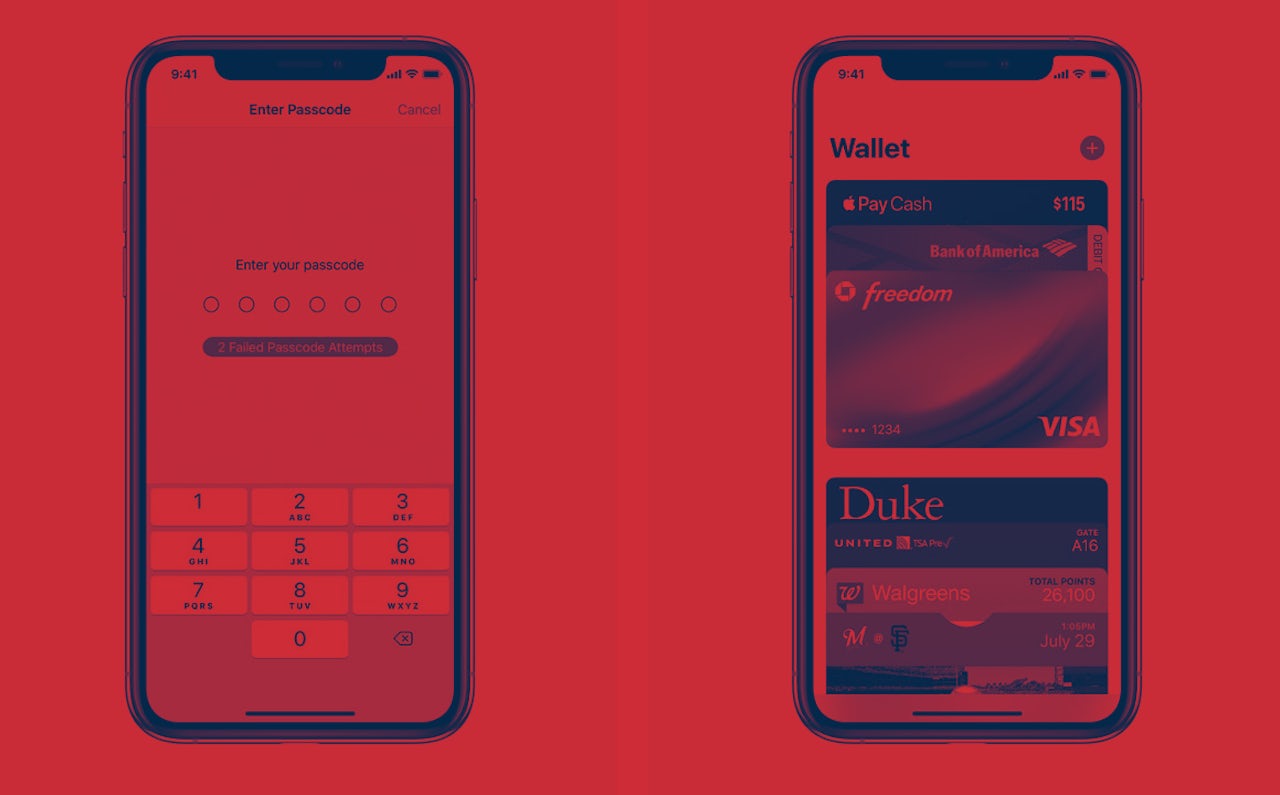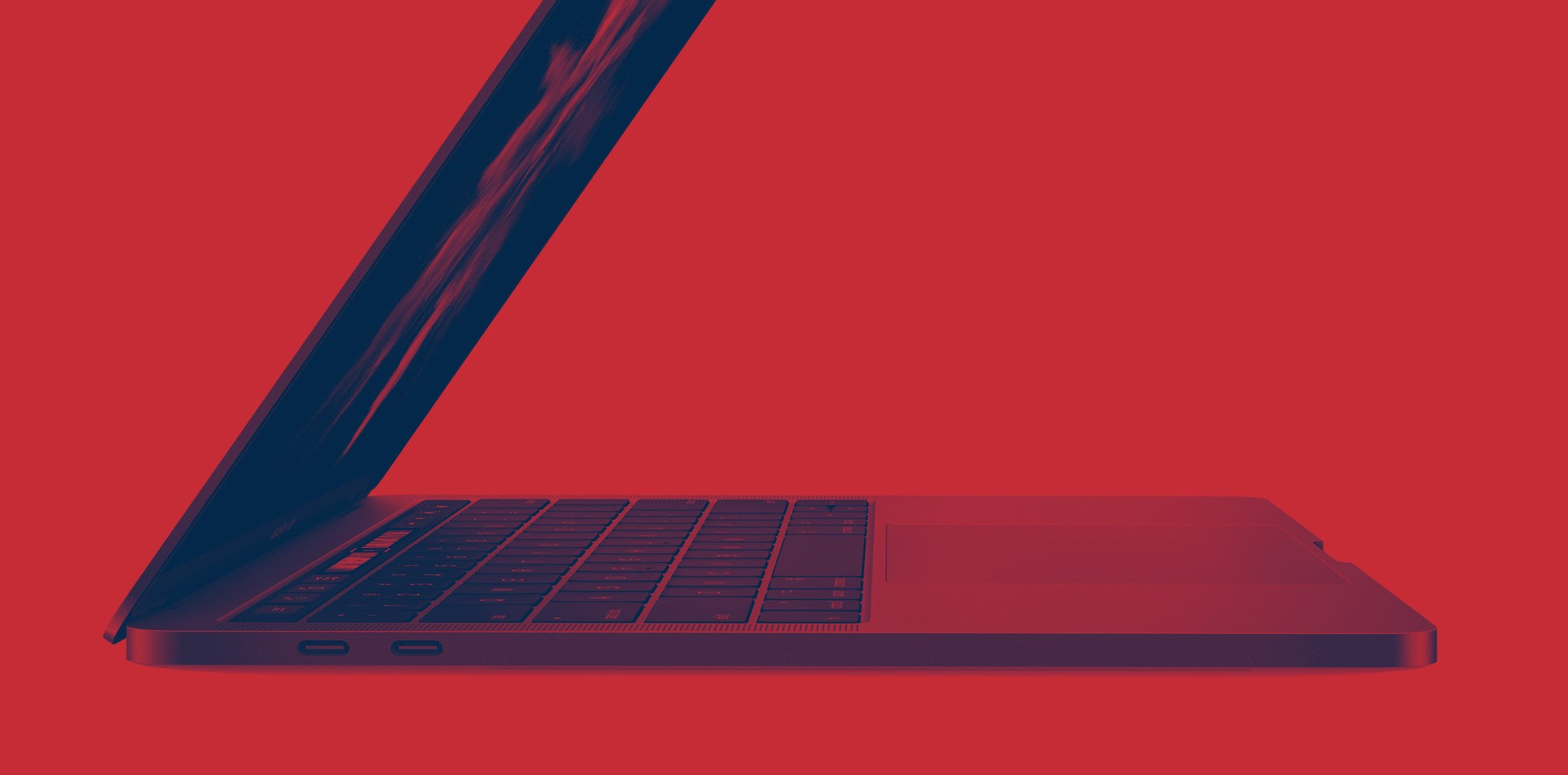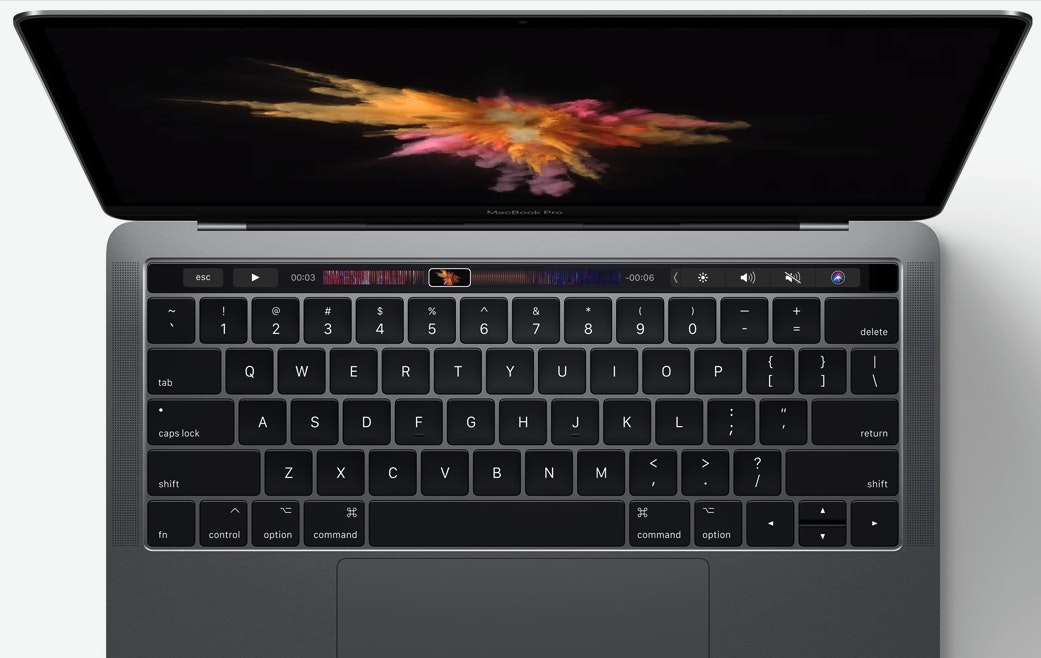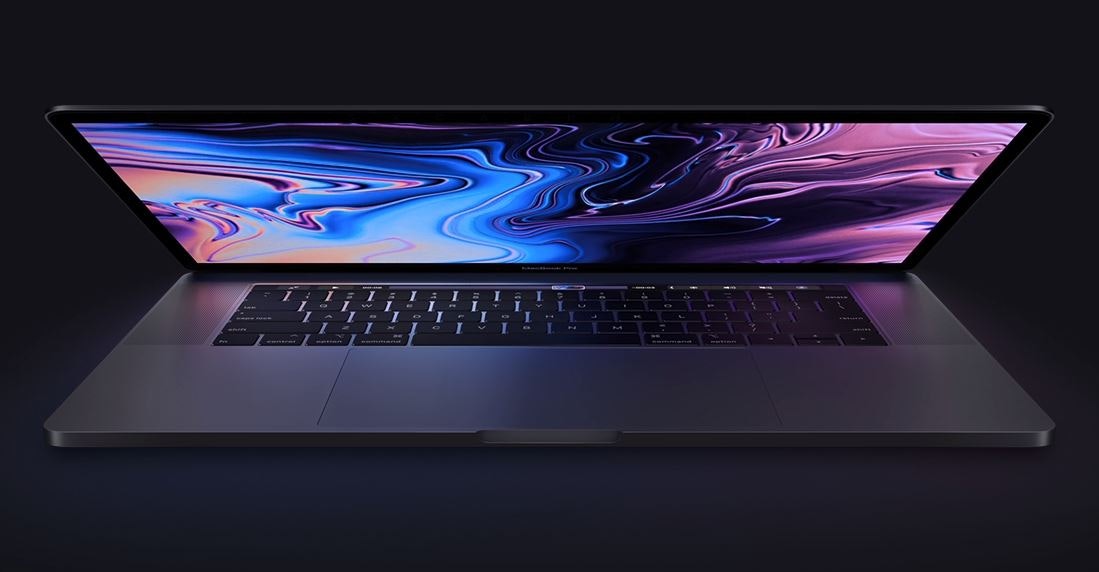Multiple segments of Apple’s Worldwide Developers’ Conference keynote presentation today indicated that Apple is rushing into spaces where other tech companies have already deeply soured customers’ ability to trust them. The presentation doubled down on Apple’s recent privacy-themed advertising campaign, but the problem with this kind of privacy has never been company’s intentions in the moment; it’s that they appear to be unable to resist the intense pull of how lucrative customer data can be. As Apple moves into services while its hardware sales slow down, the recent betrayals of other tech companies who implicitly or explicitly promised to be careful with their users’ data loom very large.
As one cornerstone of its new data service, Apple plans to start offering a “sign in with Apple” feature, which appears to work a lot like “sign in with Facebook/Google” for creating accounts on services, saving users from having to create a separate login and password. This sharing of account information, signing into apps using a centralized/verified identity, is the scenario that lead to the notorious Cambridge Analytica jailbreak of Facebook users’ information.
Apple made strenuous promises throughout the presentation that it intends to protect its users’ info; in the case of “sign in with Apple,” Apple plans to generate separate randomized contact emails for each app and user, so that when when users want to sever their connection with an app, Apple simply deletes the randomized email identity for the user so there is nowhere for communications to go. It’s a pretty innovative and user-friendly implementation of existing tech, to the point that it’s worth asking why other companies aren’t this protective of users, if it’s that simple.
In a similar vein, Apple has finally added menstrual cycle tracking to its Health app, a serious oversight even as it allowed users to track sexual activity (and visualize it in hilarious bar-graph format). Apple is again rushing in where competitors have faltered on privacy issues: There are dozens of period-tracking apps available on the iOS App Store, but many have recently come under fire for leaving themselves room to collect and share users’ data with third parties, which may include employers and insurers.
It’s not a secret that tech companies are horning in on consumer data because it is immensely valuable information to a number of industries that control a vast amount of wealth, like insurance and financial institutions–the future where people don’t get good financing rates because of spotty medical histories is already here. Apple is moving into these blatant data-hoovering services while promising to protect customers’ data and offering itself as the safe alternative, but this move may not come off as white-hat as Apple appears to think it will, because Apple can’t be sufficiently contrasted with all the other giants that have recently duffed it with their customers’ information, over and over. Google was fined $57 million in Europe in January for failing to disclose how and why it was collecting data on its customers; Facebook is still awaiting judgment for the Cambridge Analytica incident that exposed 87 million users’ information, but it expects to pay between $3 and $5 billion to the FTC. For its part, there are some indicators that Apple is not set up perfectly to protect customers’ data: A recent Washington Post investigation showed that thousands of trackers within iOS apps pinged an iPhone while its user slept. The story highlights how Apple may not have any firmer of a grasp on user data than Facebook did with its third party apps.
There is a growing and justified distrust in gargantuan tech companies that sprawl across hardware, software, and services, from email to cloud storage to grocery delivery to media production. There is also a sufficiently long history for a sufficient number of companies like Apple to show that they are absolutely terrible at maintaining integrity: Google quietly moved away from its “Don’t be evil” mantra a very long time ago, and if Facebook hadn’t done the same with “Move fast, break things,” it too would have aged very poorly by now. Both companies now hide behind smokescreens of “we don’t sell your data” and “everything is anonymized” (anonymization does nothing and neither Facebook nor Google need to openly circulate people’s data in order to reveal sensitive things about them). But by now, these companies have amassed enough data to pinpoint their users’ movements and needs that they can blur the lines about how much data they need to market to their users.
Even if Apple says it will protect data, what reasons do we have to trust it? Time and again the problem has turned out not to be trusting a company in the moment, but being able to trust it once the sensitive information is out there in the relative open; when data is so valuable and tempting for tech companies to profit from, it has proven all but impossible keep data private.





